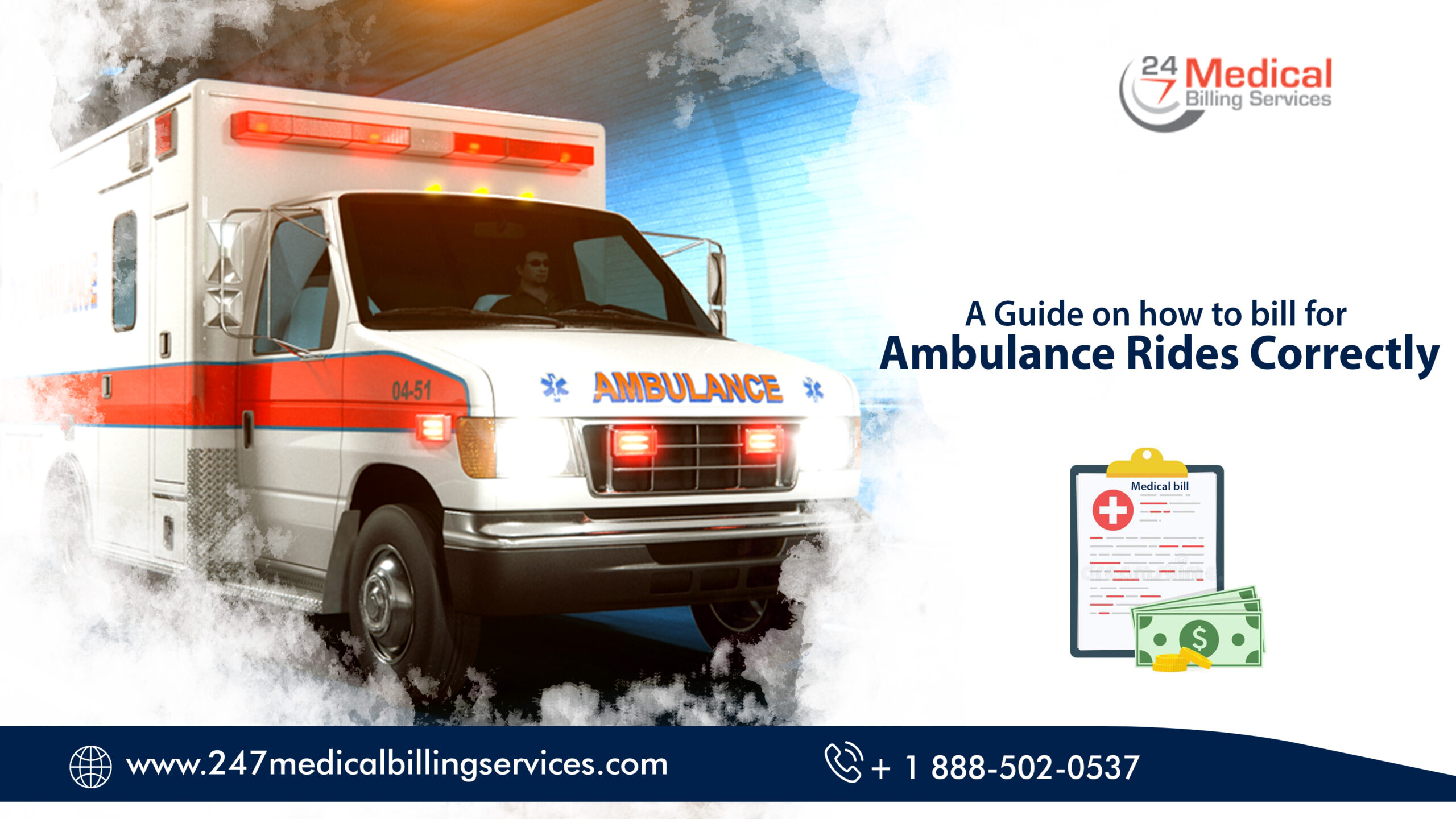Getting slammed with a huge ambulance bill can be an absolute shock. Especially after an emergency when you had no choice but to call 911. But is refusing to pay the best option? Here’s an in-depth look at what to consider before refusing an ambulance bill.
I recently experienced a medical crisis that landed me in the hospital for weeks. When I finally got home, there was a stack of medical bills waiting – including a whopping $3,000 charge for the ambulance ride to the ER.
My insurance only covered $1,200, leaving me with an $1,800 bill that stunned me In my panicked state, there was no way I could have shopped around for an in-network ambulance company And with my life at risk, who cares about networks anyway?
I’m far from the only one with this kind of experience, A recent study found a shocking 79% of ambulance rides can result in surprise out-of-network bills,
This broken system passes exorbitant costs directly to patients, even though we have zero power to prevent or contest them. As you can imagine, this often leaves people in financial distress and justifiably angry about ambulance bills. But is refusing to pay the wisest course of action?
Key Factors to Consider Before Refusing an Ambulance Bill
While refusing may feel justified, it’s wise to fully consider the implications first:
-
Credit damage – Ignoring a bill can get it sent to collections, harming your credit score Medical debts can stay on credit reports for up to 7 years
-
Legal action – If you have assets, ambulance companies can sue to recoup unpaid bills. This adds legal expenses on top of the debt.
-
Owing less than billed – High “chargemaster” prices often get negotiated down by insurance. You may not legally owe the full billed amount.
-
Eligibility for financial assistance – Many ambulance companies offer hardship programs, including sliding-scale payments and forgiveness. But you usually need to apply separately.
-
Denial of future services – Refusing to pay could cause the provider to deny future ambulance services over unpaid debts. This poses serious risks.
As you can see, blindly refusing ambulance bills is not necessarily the wisest idea. But that doesn’t mean you have to quietly accept them either. You have options.
How to Fight an Unreasonable Ambulance Bill
Here are some effective strategies for contesting surprise ambulance charges:
-
Negotiate – Ask about financial assistance. See if they can reduce charges or set up a payment plan. Negotiate firmly but politely.
-
Dispute – Contact your insurer and dispute the claim processing. Ask them to cover more of the out-of-network cost. File a written appeal if needed.
-
Compare – Research average ambulance costs in your area to gauge if the charges are unusually high. Use this to support your case.
-
Investigate – Check if the company received CARES Act funds. If so, they can’t balance bill you for COVID-related services.
-
Report – File complaints with your state insurance regulator and attorney general about excessive billing practices to strengthen your appeal.
-
Review laws – Check your state’s surprise billing laws. A few states like NY provide some protections against out-of-network ambulance bills.
-
Ask ahead – For non-emergencies, call your insurer to request an in-network ambulance provider. This prevents surprise bills.
With the right approach, you can successfully reduce or eliminate unfair ambulance charges. But refusing payment altogether is generally not the best decision. Protect both your finances and health by handling ambulance bills strategically and legally.
Consequences of Refusing to Pay Ambulance Bills
While unfair, simply refusing to pay ambulance bills can result in serious consequences:
-
Your account will go to collections, damaging your credit score for years. This makes it harder to qualify for loans, credit cards, etc.
-
You may face legal action if you have assets. Ambulance companies can sue to recoup unpaid bills, costing you more in legal fees.
-
You could be denied future ambulance services for unpaid debts, which poses safety risks.
-
Your medical conditions and financial hardship status will not be factored in if you outright refuse payment.
-
You lose leverage for negotiating discounted payments or bill forgiveness programs.
-
Interest, late fees, and collection charges will accumulate, inflating your balance over time.
The bottom line is refusing ambulance bills leaves you vulnerable legally and financially. You’re better off disputing and negotiating the charges through proper channels. This allows you to contest unfair bills while avoiding penalties that can seriously compound your problems.
So what can you do when faced with unreasonable ambulance bills? Don’t just refuse to pay them. Instead, stand up for yourself and demand affordable care by employing smart financial and legal strategies. With persistence and the right approach, you can fight back against surprise medical costs and get the fair treatment you deserve.

Case could end up in court after woman refuses to pay ambulance bill
FAQ
What is the new law for ambulance in California?
Can an ambulance bill go to collections?
